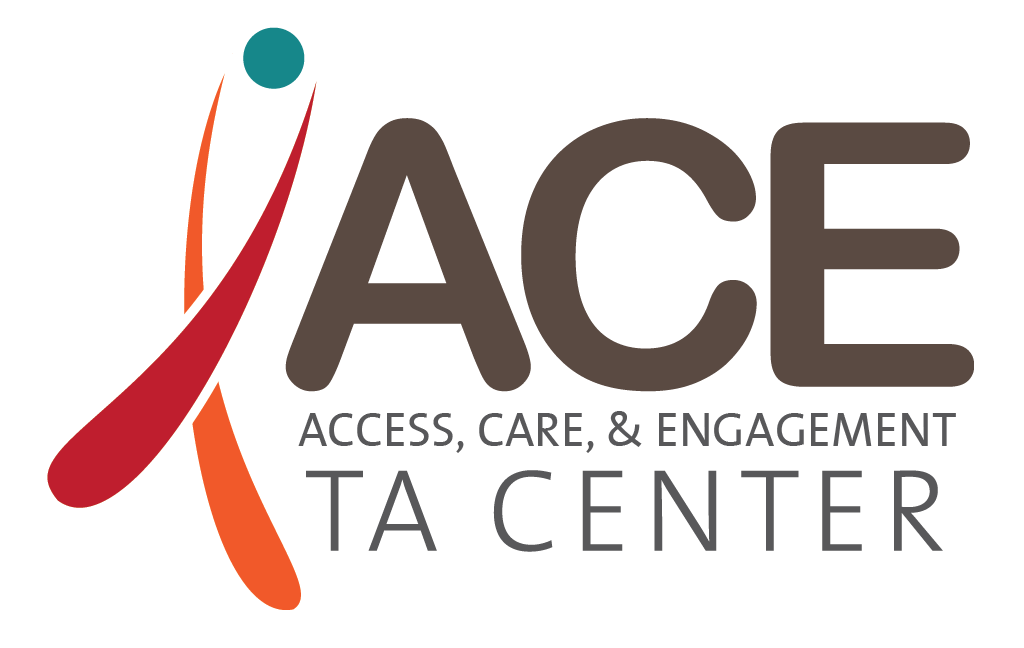Cultural Competency
On
People who feel understood, respected, and valued are more likely to stay in care. The resources in this collection address ways that clinics and other service providers can identify and address bias to improve communication with diverse clients.
Best Practices
- Center for Innovation and Engagement
- HRSA Bureau of Primary Health Care (BPHC), Centers for Disease Control and Prevention (CDC)
- AIDS Action Foundation
- IHIP
- IHIP
Technical Assistance
 Capacity building for the RWHAP community to navigate the changing health care landscape and help people with HIV to access and use their health coverage to improve health outcomes. Project period: 2022-2025.
Capacity building for the RWHAP community to navigate the changing health care landscape and help people with HIV to access and use their health coverage to improve health outcomes. Project period: 2022-2025.ESCALATE will focus on reducing HIV stigma through training participants in EHE jurisdictions. Project period: 2020-2024.
- The NHC provides ongoing, up-to-date information needed to meet the core competency knowledge for HIV prevention, screening, diagnosis, and ongoing treatment and care to healthcare providers in the United States. Project period: 2020-2022.